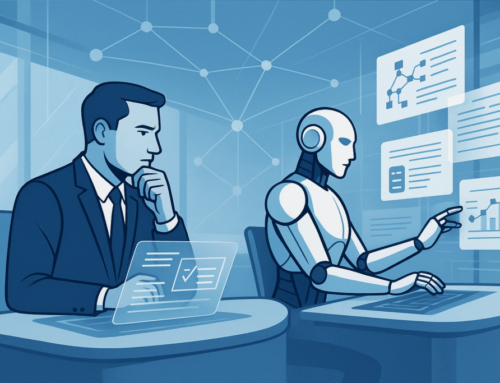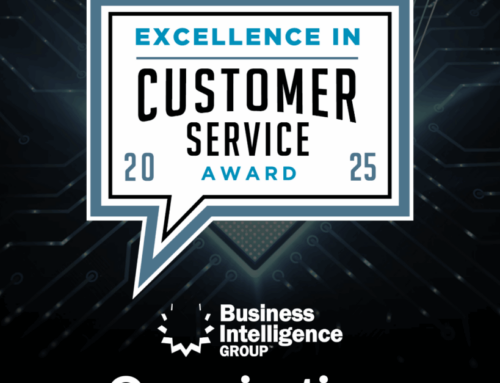Computer Science, Data Science, Journey Science.
Computer Science: The Here and Now
In the beginning, Computer Science was abstract. The theoretical concepts of Boole, Turing, Babbage, and Lovelace quickly gave way to real-life innovations. Their focus was ambitious but simple: Change the world through making our lives more efficient and less error-prone, relying on machines to do repetitive tasks humans were less suited to. This would let humans focus on functions that mattered more, like advancing science or the arts.
Data Science: The New Evolution
Almost immediately, computers were leveraged for statistical analysis. From the first spreadsheet application (Visicalc on the Apple II) to Fortran to Peter Naur’s “data science,” the history of computers and data are intimately intertwined. Like Computer Science, The era of paper spreadsheets and hand-written calculations for Data Science gave way to parallel machines with the ability to crunch thousands upon thousands of metrics on special-purpose chips (GPUs). Next, AI and Machine-Learning became critical capabilities for the Enterprise. Most importantly, Customer Experience professionals looking to uplevel consumer engagement and redefine what’s possible looked to AI and Machine Learning to build new experiences. Today, CX and UX teams create predictive, adaptive, and intuitive experiences that act in ways that delight and amaze customers. For example, forward-looking retail brands provide virtual shopping experiences that listen and engage like a real customer service agent, reacting to choices and predicting future tastes based on trends, transactions, and preferences.
Journey Science: The Next Innovation
As such forward-looking organizations leverage AI to compete, Customer Experience teams are uniting Computer Science and Data Science into a holistic discipline and methodology. Called Journey Science, these teams manage journeys and personas via evidence, orchestrating new actions that adapt and predict what will resonate with any customer. Similarly, Journey Science practitioners apply Computer Science and Data Science lessons to drive 1 to 1 personalized experiences tailored to every consumer at every touchpoint. By evaluating ROI at every step, Journey Science practitioners adapt to trends in real-time and more quickly than competitors, allowing them to quickly build experiences crafted to “always online” and “digital-only” customers. Last, by adopting empirical and rigorous metrics, Journey Science practitioners monitor, design, and predict how to build the next generation of impactful omnichannel experiences.
Ready to Learn More?
[contact-form-7 404 "Not Found"]





Leave A Comment